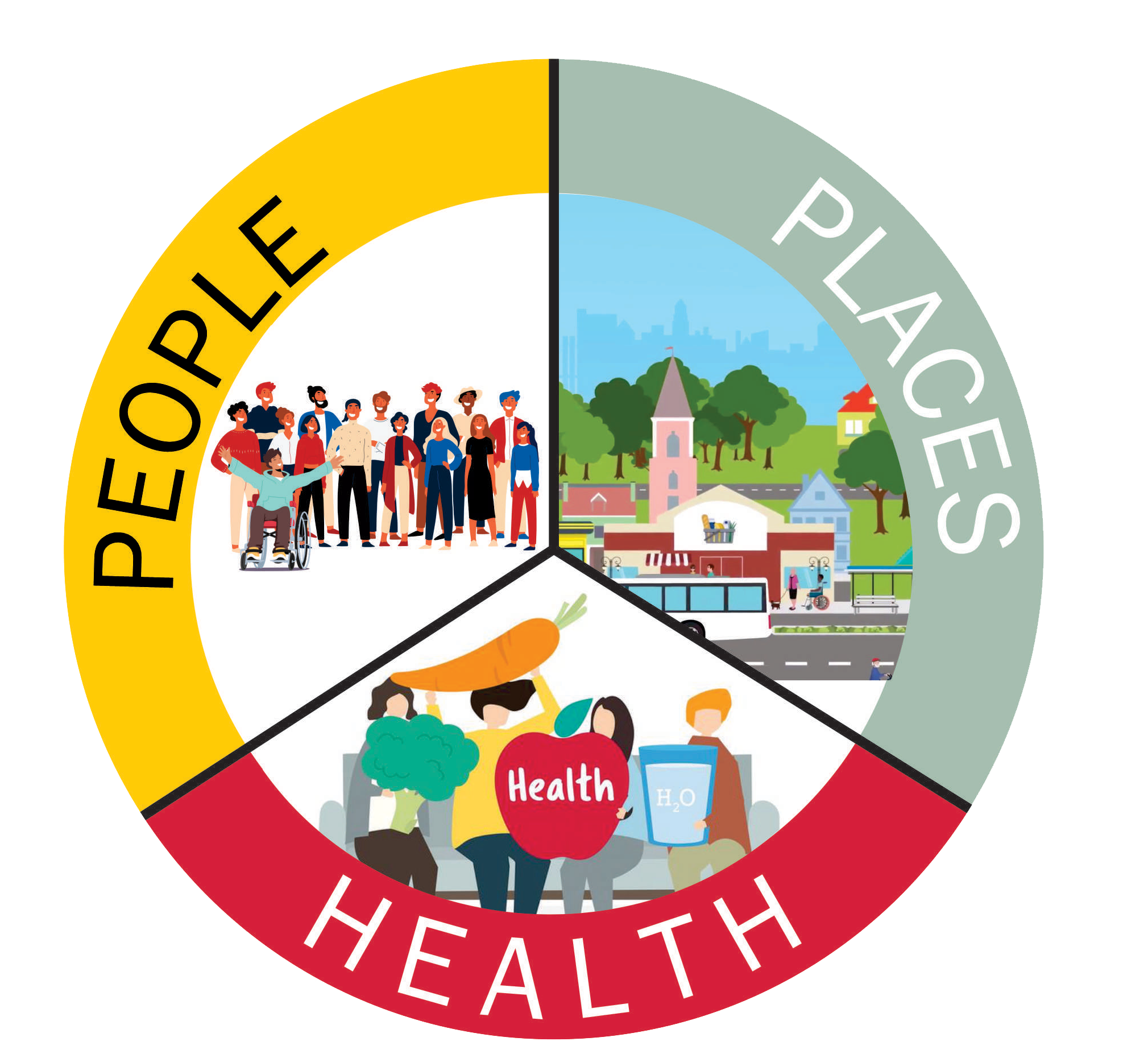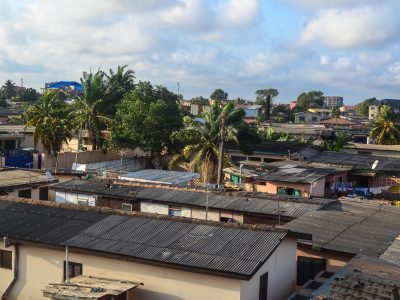
Student Lead: Lily Ziyue Zhang
Project title: Floods and Psychosocial Wellbeing among Residents of Accra, Ghana
During the June 3 flood that hit Accra in 2015, at least 225 people were killed with many injured, displaced, and properties worth millions of dollars destroyed. Annual floods in Accra continue to result in death(s), injuries, and destruction of infrastructure, livelihoods, and displacement of large communities. Severe flood events have been linked to a variety of public health issues, including psychological distress, anxiety, depression, somatization and post-traumatic stress disorder. Low-middle income countries are significantly less equipped to tackle the various challenges of environmental disasters (floods) and mental wellbeing within the context of rapid urbanisation. The World Health Organization in 2020 estimated that 650,000 people in Ghana suffer from a severe mental disorder, and another 2,000,000 suffer from a moderate to mild mental disorder, with a 98% treatment gap. The primary objective of my research project is to investigate the mechanisms through which structural and social neighbourhood effects mediate environmental disasters (floods) and impact psychosocial wellbeing in Accra, Ghana. Previous research has established the significance of neighbourhood characteristics (mostly on socioeconomic status) with health outcomes in flood prone communities. However, much of the neighbourhood effects research is situated in the global north. As a result, applying existing research in global south contexts is inadequate. Urban areas in African countries are among the most rapidly expanding in the world with Accra being one of the fastest growing cities on the continent. It is, therefore, crucial to understand the relationship between neighbourhood effects, environmental disasters (floods), and psychosocial wellbeing among Accra residents.




